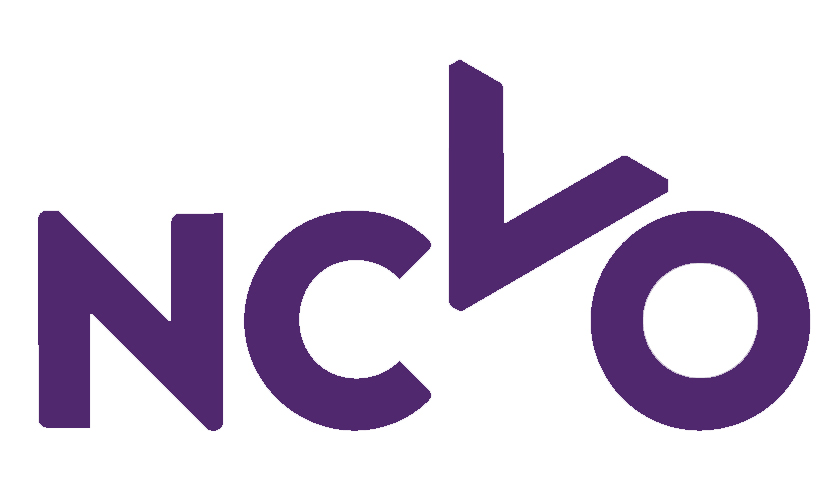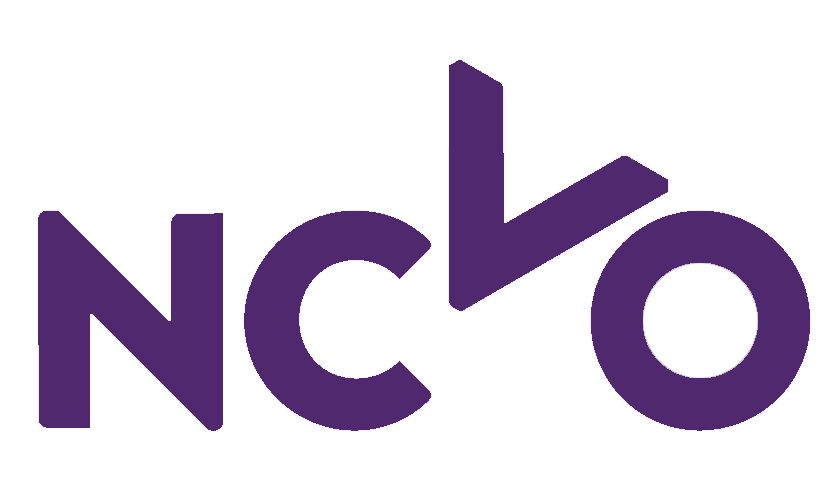A new working group to look at the issue of flexible working in the charity sector is being launched by membership bodies NCVO and ACEVO with support from Starfish Search, an executive search firm.
The issue of flexible working has become all the more crucial due to the rise in home working during the pandemic. A recent survey of charity professionals found that 90% wanted flexible working to continue long-term, and 43% said that they would never apply for a job that was entirely office-based. Yet, the research also raised concerns, with 72% admitting they worked longer hours at home and that boundaries between home and work were a challenge.
The working group will address some of the barriers and stigma about flexible working as well as sharing examples of good practice across the sector. It will be chaired by Becky Hewitt, former chief executive of Changing Faces, and will include up to ten members from across the voluntary sector who have a diversity of experiences and views to share. The group will report their findings later this year, which will include signposting to key resources on flexible working to support voluntary organisations. People interested in taking part are invited to apply by 10 September 2021.
Becky Hewitt, chair of the Flexible Working Group, said:
When I first started thinking about becoming a CEO – my single biggest anxiety was that conversation about flexible working. While I did work a four-day week, I heard from so many in the sector who were concerned about balancing work with their role as parents, as carers, or with supporting their own physical or mental health.
At a time when we need a diverse pool of exceptional, motivated, passionate leaders more than ever, we urgently need to change our attitude to flexible working. The pandemic has shown that people can work flexibly and effectively but we have to learn from people’s experiences and encourage employers to embed flexible working in a way that works for everyone.
Sarah Vibert, interim chief executive, NCVO, said:
I know from personal experience, home-schooling two young children while in a charity leadership role during the pandemic, how important flexibility at work can be. Genuinely flexible working arrangements that respond to individual circumstances such as those who have caring responsibilities, physical or mental health conditions or to support staff wellbeing more broadly brings huge benefits to individuals and organisations. Flexibility is central to inclusion.
We are now at a key moment when many NCVO members are telling us they want to make permanent changes to working arrangements. I hope the work of this new group will encourage organisations to engage staff openly in conversations around formalising flexible working and how we can move beyond well-intended policies to make it work in practice.
But flexible working can’t just be about individual employers. It is important that a wider culture across the voluntary sector embraces the opportunities that flexible working can bring.
Vicky Browning, chief executive, ACEVO, said:
At ACEVO, we have been hearing a lot from members who are interested in implementing a more flexible workplace at their organisations, especially as the pandemic forced many of us into new ways of working.
As boundaries between the office and the home, and personal and professional are increasingly more blurred, and civil society urgently needs to be more inclusive, now is the time for sector leaders to start positive conversations and better understand what flexible working really means, what tools we need to implement it, and how to best support our colleagues.
Katy Giddens, director, Starfish Search, said:
The pandemic has created a seismic shift in remote and flexible working that has challenged many conventional assumptions of work design and organisational norms that now need to be consolidated into the future. As many charities transition to a hybrid or remote working model in the longer term, it offers more scope than ever before for leaders as well as their teams to embrace and role model agile ways of working.
However, it is not without complexity and, as both as recruiters and as employers, we need to ensure we embrace all the opportunity flexibility offers to access a broader talent pool while ensuring it remains a route to inclusivity for all, not just some.

